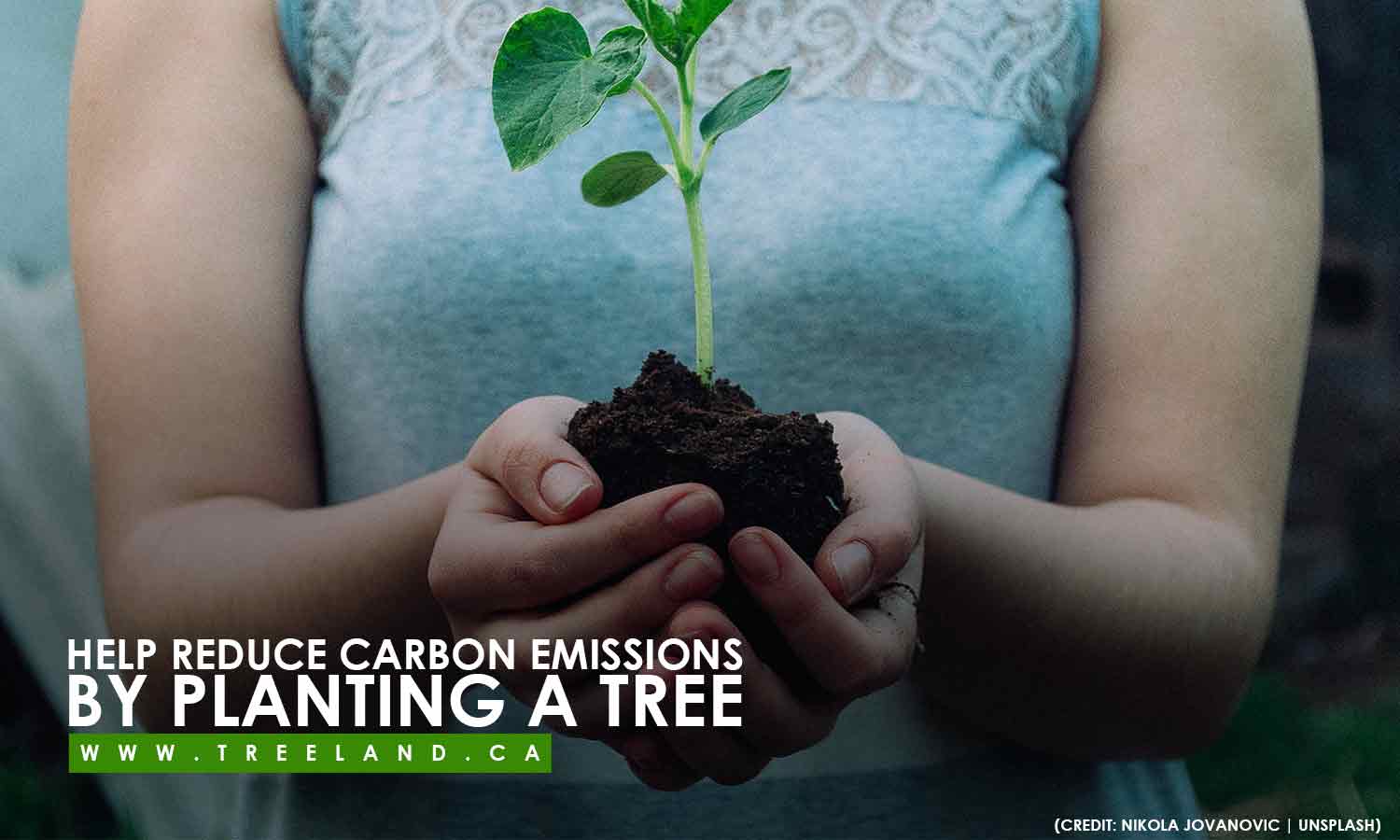
In just a few months, the COVID-19 pandemic has altered the lives of many. A year ago today, people were free to socialize, travel around the world, and participate in various activities. Now, most are holed up in the four corners of their homes as local governments impose social distancing and home quarantine measures to curb infection rates. This has limited movement, activities, and even face-to-face interactions.
However, despite these measures, there is still much you can do to participate in promoting the welfare of others and the environment. You have plenty of time to revisit your routines and habits and ascertain whether or not they’re contributing to a better world.
The following are 8 eco-friendly activities you can do to make the world a better place — even as you keep yourself safe and healthy in the comforts of your home.
1.Share or Donate

You probably have unused items stashed somewhere in your house — whether it’s a box of tissues, a pile of clothing, canned foods, or cleaning products. These days, supplies are running low. People are having a hard time making ends meet, communities could do with an act of generosity.
One of the environmentally-friendly initiatives you can do is share what you can with someone in your family who might need them, or perhaps with your next-door neighbour. You can also donate items to various charities including homeless shelters, foster homes, or nursing homes. If your time and resources allow, you can even cook lunch for the homeless or for the healthcare workers.
2.Join a Garden Exchange Activity
Since the pandemic started, bartering has seen its popularity skyrocket. It’s a great way to be rid of items you don’t need and gain those that you do. Why don’t you initiate one within your neighbourhood?
You can take this further by exchanging gardening items. These can be anything from flower seeds, potted herbs, mulch, or repurposed wood for garden beds. Create a group online and practice physical distancing by simply leaving items at each other’s front porch, or set up a meet-up time.
3.Go Green. Switch to Sustainable Energy
Did you know that you can switch to a green power option to reduce your impact on the environment and bring down your energy consumption? Of course, not all households have the resources to install their own solar panels, but electric utilities are now providing green power options.
Green power is energy derived from renewable resources including wind, solar, geothermal, and biomass. Producing green power is less harmful to the environment compared to conventional energy sources (e.g. coal, gas, oil). You can choose to get some or all of your electricity needs from renewable energy sources.
There are utility companies that charge a premium for this service, but you’ll earn this money back in huge savings on your energy bills. For further information, get in touch with your local electric utility or find out the latest rates of green power in your location.
4.Switch to a Plant-Based Diet

Now that you’re at home 90% of the time, you have the liberty to get creative with your diet. Maybe you’ve been thinking about eating more fruit and vegetables this year or to eat healthy to strengthen your immune system. Regardless of your motivation, now is the ideal time to shake up your diet.
Explore a variety of plant-based recipes. Moving to a diet that consists mainly of fruits and vegetables has numerous health benefits, including a boost in energy levels and increased protection against chronic diseases. When preparing your meals, make sure to save leftovers to minimize food waste.
To utilize fruit and vegetable peelings and other food scraps, consider making your own compost. You can compost in any container and store it under your sink or in your balcony. Once it has fully degraded, mix it with your garden soil to enrich it with more nutrients.
5.Make Your Own Organic Disinfectant
Cleaning products and disinfectants are our weapons in ensuring pathogens don’t thrive in our homes and belongings. With skyrocketing demands for these products, stores all over the world are experiencing a shortage of alcohol, sanitizers, and cleaning solutions.
If you have a thing for DIY projects and natural products, try concocting your own disinfectant using common ingredients found in your pantry. Vodka and vinegar have cleaning agents. They are found to be effective in removing stains, odours, and mildew.
Lemons are also a great alternative. Mix lemon juice with water in a spray bottle. They’re helpful in cleaning non-porous surfaces like glass, plastic, metal, and varnished wood.
Organic disinfectants are effective and non-toxic, which is better for your household and the environment.
6.Read a Book

Poring over a good book doesn’t only benefit the mind, it’s beneficial for the planet as well. Streaming eats up electricity (loads of it if you binge-watch for hours per day). This adds to the planet’s overall carbon footprint. Unlike streaming, reading is an energy-saving habit.
When boredom kicks in, dust off that pile of books you never got around to reading before the pandemic. Create your reading list and commit to ticking it off in the coming weeks. While travelling is a remote possibility, you can travel vicariously by cracking open a book about backpacking, cross-country road trips, or biographies of the world’s greatest voyagers.
7.Exercise
Being indoors for the whole day, it can be easy to slip into a sedentary lifestyle. It may be tempting to sleep or laze around on the couch for hours, but you need to stay active now more than ever. Exercising helps keep our bodies strong in the face of diseases.
Take at least 20 minutes of every day to take a walk, jog, or bike around your neighbourhood (make sure to keep a safe distance from others). In addition to boosting your immune system, physical activities and spending time in nature can relieve stress and anxiety and improve your mood. Exercising also promotes better sleep.
8.Plant a Tree

If you have enough space in your yard, consider growing a tree. Trees deliver a number of benefits for your home including protecting your privacy, providing extra shade, and boosting your home’s curb appeal. All this makes trees a sound investment that can pay off in the long term.
Planting a tree isn’t as simple as digging a hole and putting the tree in. You’ll need to consider a variety of factors to ensure the surroundings make a suitable environment for your tree to grow healthy.
Here are a few important factors you need to look into:
- Tree species
- Space
- Soil conditions
- Exposure to sunlight (plant it in a site where it can receive adequate sunlight)
- Safety (make sure it won’t obstruct the entryway or encroach on overhead or underground power lines when it grows)
If you’re not familiar with tree planting basics, contact a tree specialist. They will help you choose the right tree for your yard and carefully assess if your yard has the right growing conditions for your tree choice.

Observing these simple earth-friendly actions during the pandemic may be small, but if everyone does their part, we can all make a difference. When you need a partner in selecting the best trees for your Toronto property, contact the pros at Caledon Treeland. Our family-owned and operated tree farm has everything you could possibly look for when shopping for a tree. We have a variety of evergreen and shade trees at our nursery and have been in landscaping since 1989.
Call us now at (905) 880-1828 to make an appointment.

